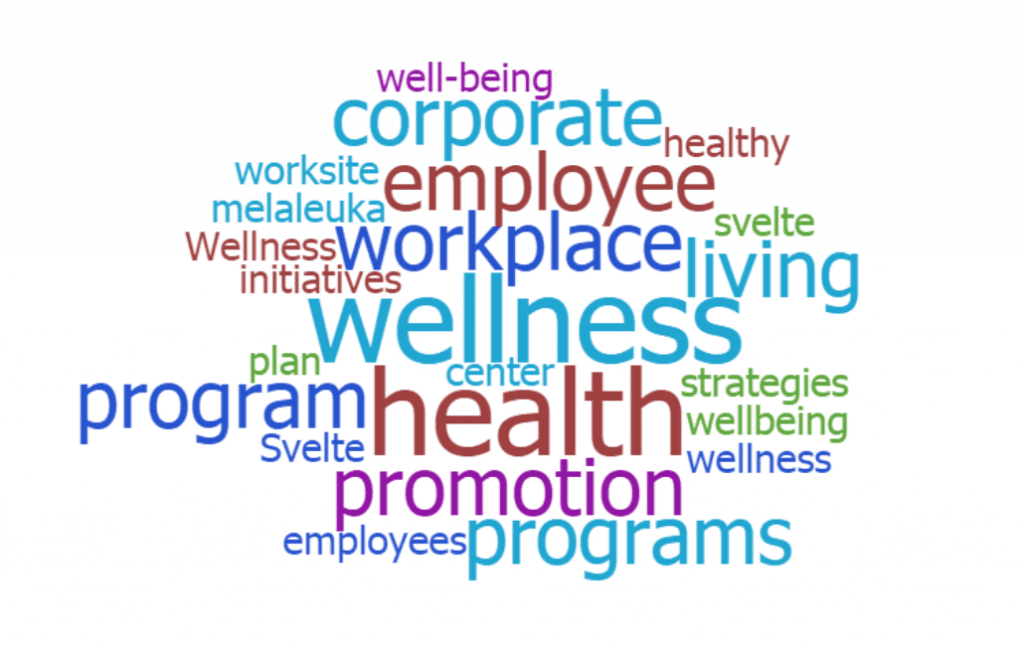Are you ready for the truth? Finding Wellness in Healthcare

So why do you want to be healthy? I ask this question frequently. People often look at me like I’m crazy, like the answer is obvious, or they just think I’m being rhetorical, but why do you want to be healthy?
Is it so you can live longer? Is it so you can do more or because people rely on you? Whatever your reason, we often believe that if we’re healthy, our lives will be better, and for the most part, you’re right.
Wellness is your ability to find fulfillment in your day-to-day life. But does healthy just mean not being sick? We want more than that, don’t we? what we’re truly striving for here is wellness.
However, today we find ourselves in an interesting spot. We’re further from wellness than ever, but how can that be? This is the age of information. Each of you has a supercomputer in your pocket right now, accessible to all of humanity’s knowledge and information.
You could pull out your phone and Google how to be well, but you can also google how to dunk a basketball and hit a jump shot, and it could make you LeBron James, so obviously, the information is not the problem.
Well then, what are the two main things? First of all, it’s your instincts. You see, for most of our existence on this planet, only a few things really made us feel good and happy.
These were things like socializing, eating, and avoiding activities. Of course, making more humans made us feel good. It made us happy because it meant we would survive, so you programmed for survival, not wellness.
The CDC reports that 96 million Americans have diabetes or prediabetes; that’s over one-third of the population; similarly, one in every three adults is obese. Tragically, one in every five children is obese, and did you know that 25% of adolescents are too heavy to join the military?
Clearly, there’s an issue here, but there’s another issue. It’s called the health care system that prioritizes the treatment of illness and disease. That sounds like a good thing if we need it.
But the issue is that when healthcare prioritizes treatment, it does not bring wellness to its population.
I’ll give you an example: a person gets sick, they go to the doctor, and the doctor says, ” Hey, you’ve got this illness. You can take this medication or make these lifestyle changes to diet and exercise.
The person goes home and they try to make some modifications, but they struggle. They are not sure where to start, what exercises are good and bad, and what foods are good and bad they struggle with. So the person says I’ll make the lifestyle changes; the doc says cool see you in six months.
They struggle to find the money for whatever reason, and the changes don’t happen, so they go back to the doctor; doc says yeah, the conditions got worse; you got to take this medication, so the person says okay, I’ll take the medication.
A little more time goes by, and the changes from before don’t happen. They still don’t know what to do, so later, they go back to the doctor. The conditions have gotten worse, so more time goes by, more medication, more conditions, more prescriptions, and more side effects from medications. You have slipped into the vortex!
Maybe this person loses some ability, gains weight, and becomes anxious and depressed. This person’s wellness has decreased more and more and more while their health has remained intact doctor did his job.
So when your wellness is not a priority and your health is a priority, it ruins your life. We’ve seen this happen. We have watched this destroy people’s lives, so where do we go from here? How are we supposed to navigate this with instincts trying to kill us? A health care system trying to treat us, and an addiction to the Internet filled with Instagram models and dogmatic diets?
Instead of being told here’s a pill and a bill, see in six months, you were introduced to somebody, a new somebody who can teach you how to implement lifestyle changes that would prevent or delay the onset of those diseases or illnesses.
Then what if that person could help you navigate the resources, figure out what foods are good and bad, what exercises are good and bad, and help you find the time to find the money? What if this person could support, motivate, and empower you day after day, week after week, and month after month?
You can change your life. Take control, your doctor does a wonderful job of treating sickness, but when well-being comes into play, you are on your own.
People often mistake being healthy for being well, and wellness goes beyond just not being sick. Your instincts are often focused on survival rather than wellness, contributing to the decline in wellness in modern times!